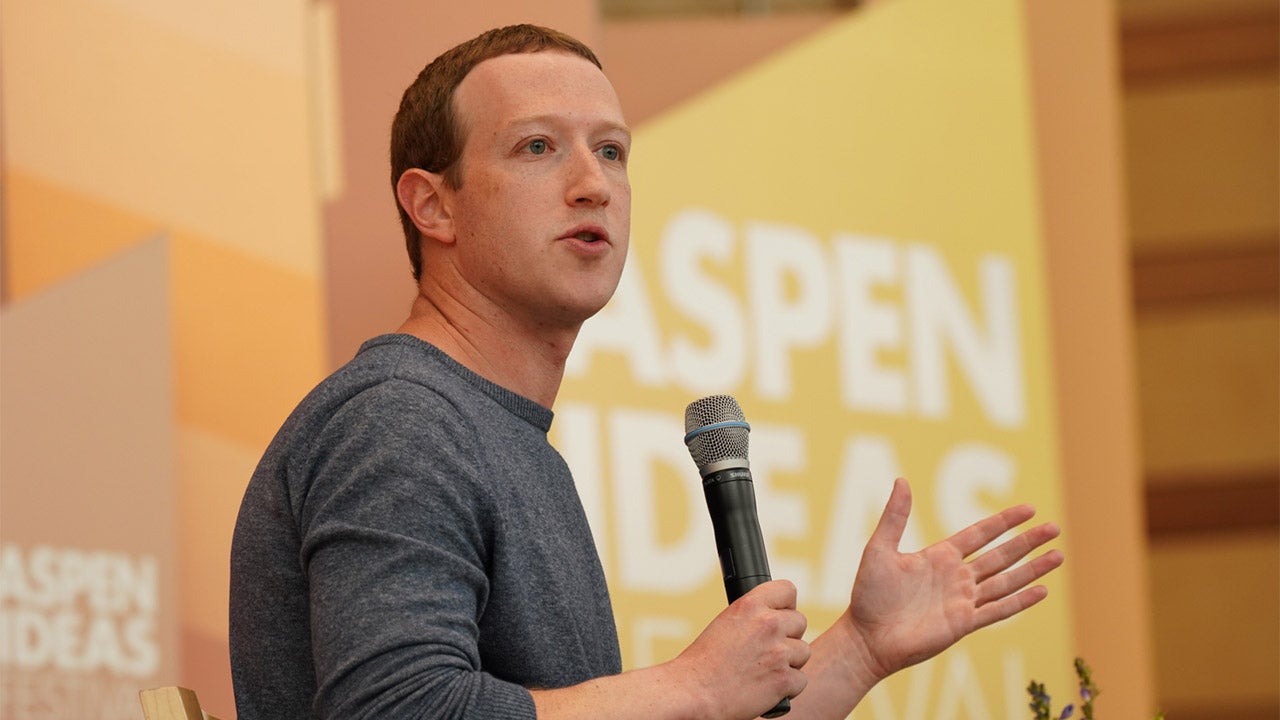This article originally appeared on The Atlantic.
When endeavoring to stay informed about a 2020 campaign landscape that features dozens of candidates, it can be tempting to rely on political polling as a shortcut to news-gathering. Each day, it seems, the candidates multiply. How can anyone be expected to keep track of the changing attitudes, ideologies, and behaviors that they inspire in voters?
The overemphasis on polling in coverage of political campaigns has its downsides, though. Hillary Clinton’s defeat in the 2016 presidential election came as a shock to many members of the mainstream press, who had assumed the experienced Democratic candidate would prevail over the eccentric real-estate mogul. But even accounting for the specter of fake news and nebulous Russian intervention, it’s difficult to overstate the role that wide-ranging journalistic complacence played in the election results.
Speaking Monday at the Aspen Ideas Festival, co-hosted by the Aspen Institute and The Atlantic, the Washington Post reporter Robert Costa cautioned against the instinct to rely on voter polling to guide coverage: “It helps inform the reporting, but the reporting has to remain at the core. The reporters have to get out in the country and talk to voters … If you sit in a newsroom and you rely on polling data, then you are getting just a sliver of the picture.”
The PBS NewsHour White House correspondent Yamiche Alcindor echoed Costa’s point about polling as a starting place rather than a conclusion, and also noted that President Donald Trump’s campaign messaging had emphasized not policy, but “issues” as a vague category meant to stoke particular emotions in disenchanted voters. “He was running a campaign that wasn’t focused on This is a policy that I’m gonna give you, but more This is the emotion that you’re feeling, and I’m gonna make sure that you feel good about America. I hear the fact that you are so frustrated, that even if you have a job, it’s not a good job, and that the trade deals have taken all these jobs out of your country,” Alcindor said. “And there’s also this idea that These others, these immigrants, they’re somehow the reason why your life is as hard as it is.”
Costa, who covered both Trump’s presidential campaign and that of Senator Bernie Sanders, reflected on the decisions the Post made leading up to the election and the insights they offered. Though the Post’s coverage didn’t always capture the full breadth of the resentment that Trump had tapped into with his base, the president’s rhetoric was revealing even then: “I had breakfast with Donald Trump, and I had breakfast with Bernie Sanders. And Bernie Sanders gave one of his first interviews to the Post, talking about his campaign,” Costa noted. “We recognized—we tried to recognize—that if you went beyond the polls, there was an opportunity to capture the rising populism and nationalism and racism that was out there.”
Alcindor also emphasized the importance of letting voters explain their own motivations. “If you listen closely, enough people will tell you what they’re really thinking. And I think that’s probably something that we’re not doing enough of,” she observed. “We go out to talk about Medicare for All or whatever, and maybe the issue is really health-care prices and the fact that someone went to the hospital and $25,000 later they can’t pay their bill.”
She continued, referencing a change she’d like to see in the upcoming election cycle’s coverage: “As reporters, this time around I’m hoping that when we go out to do whatever story we’re doing about reparations or whatever, that we sit back and let people tell us what they’re actually feeling and not just stick to the issues that we think are important.”


